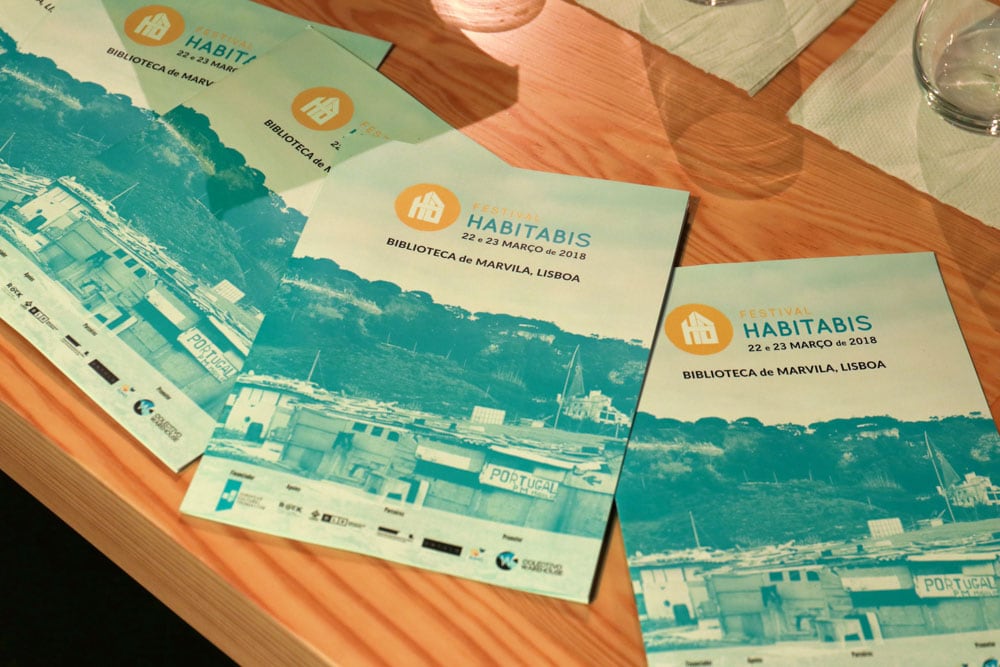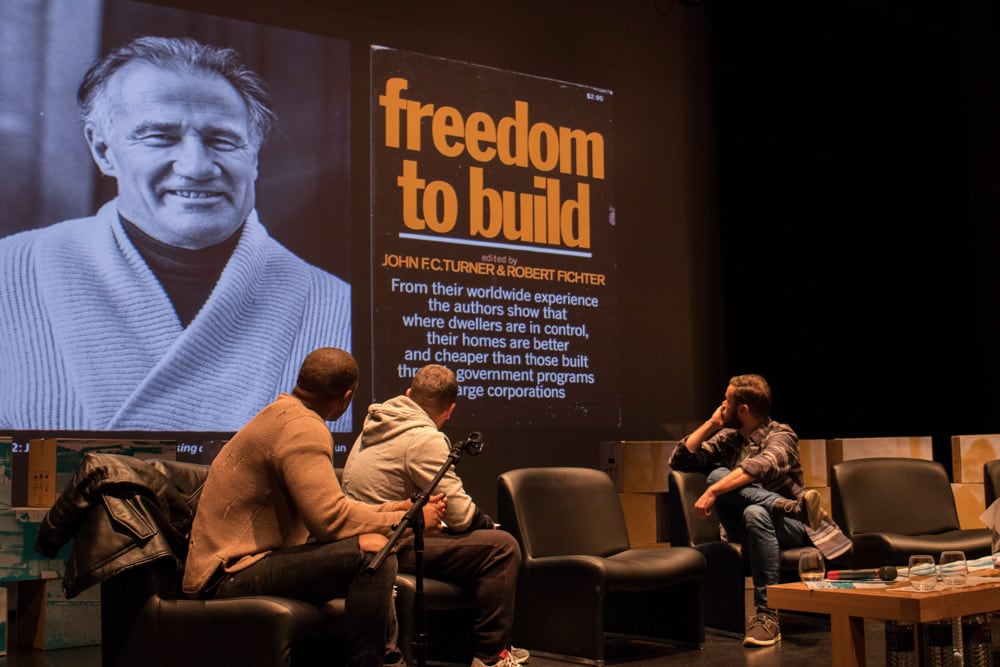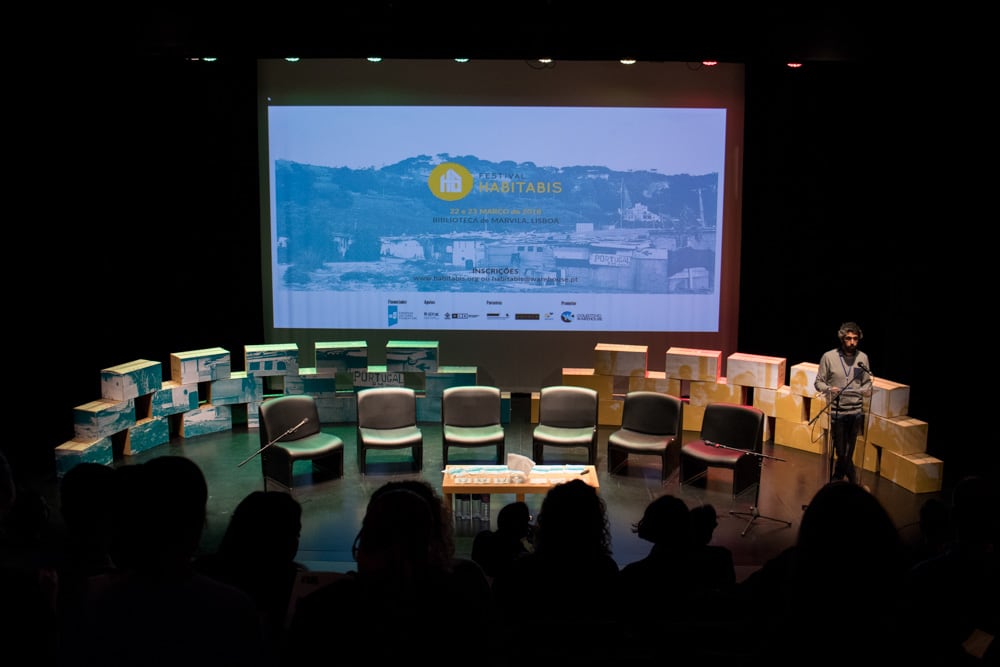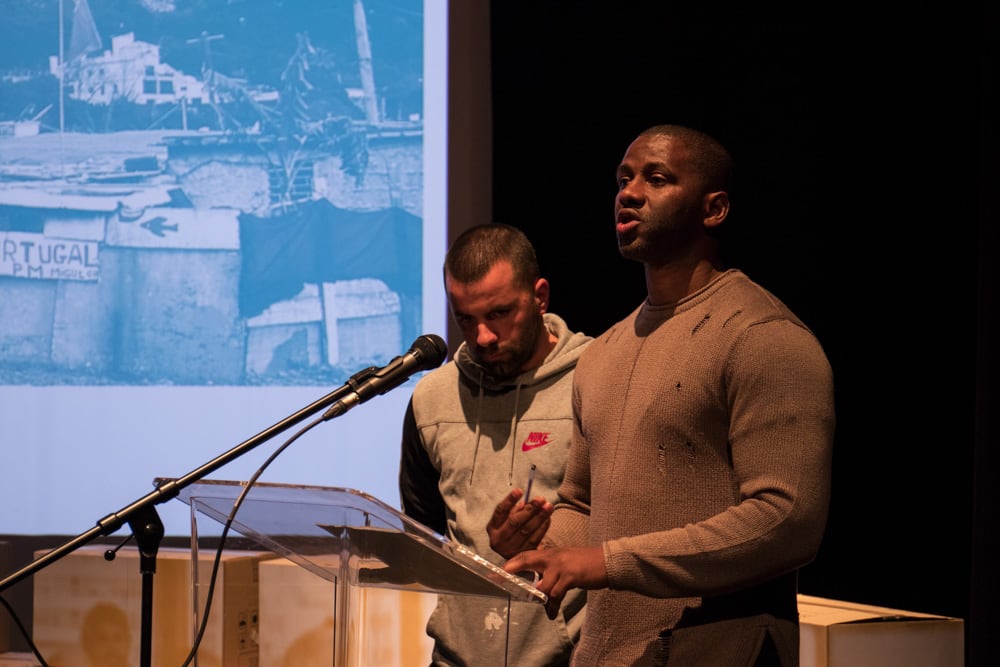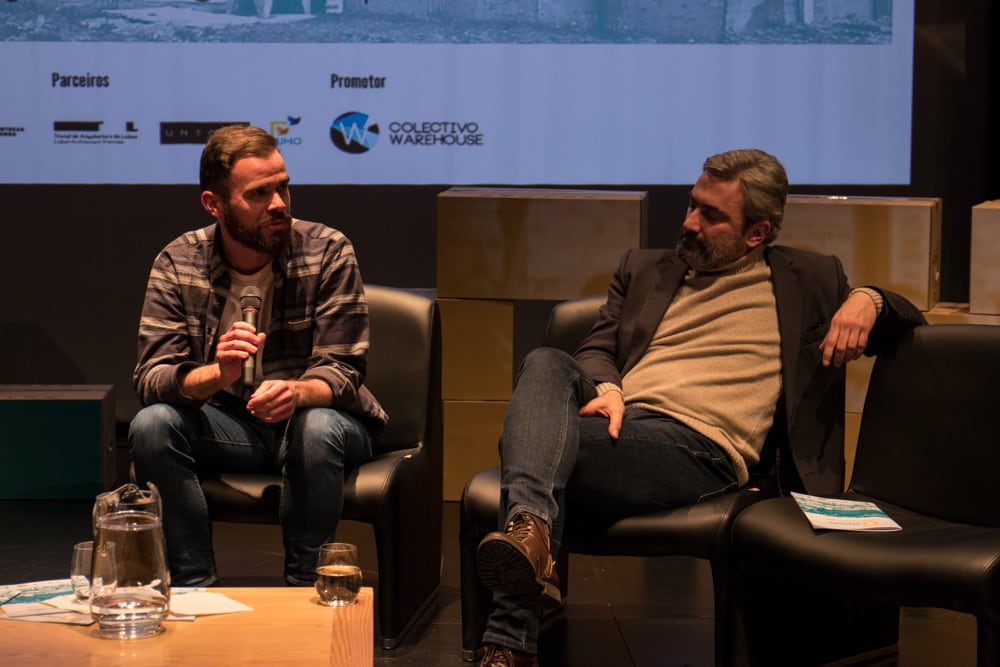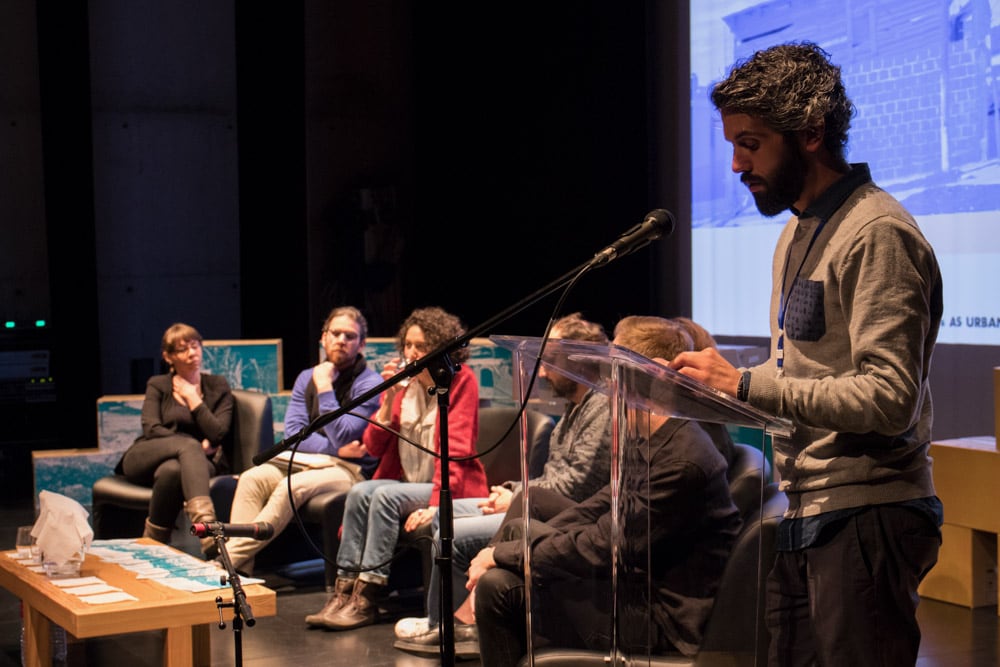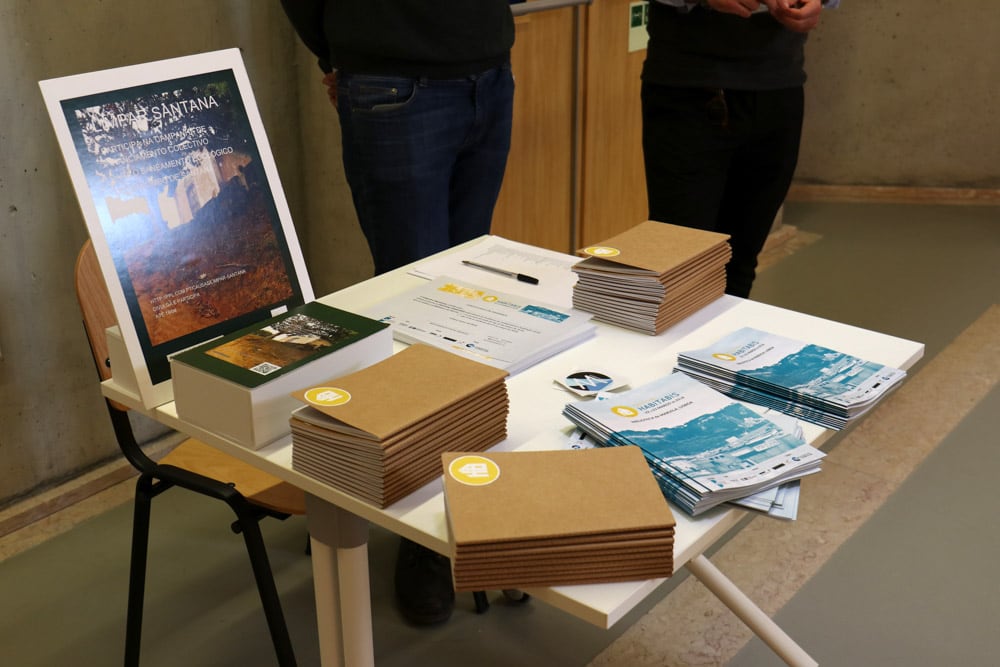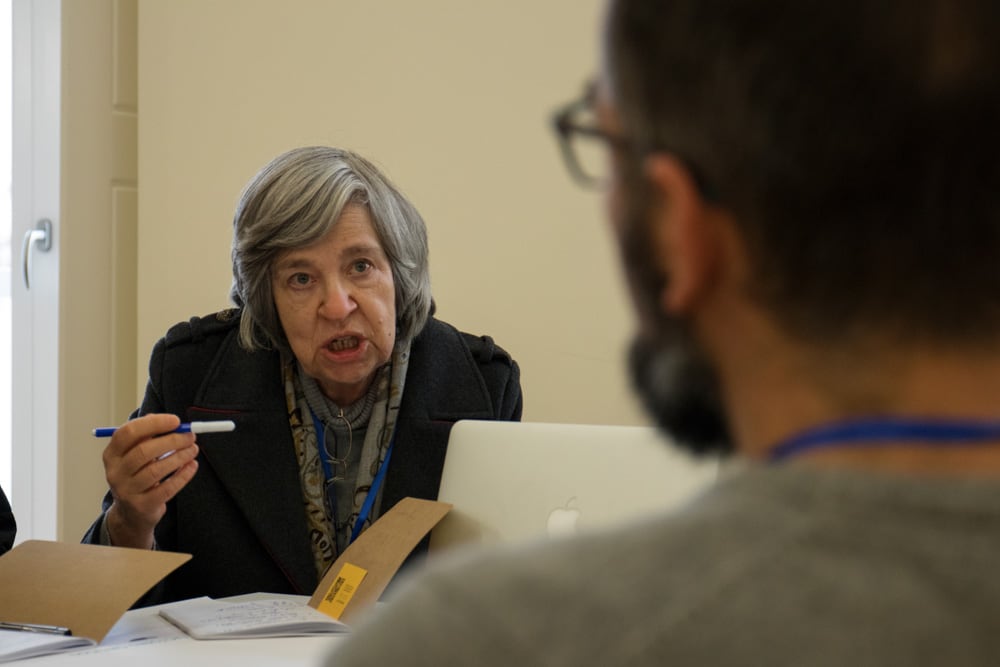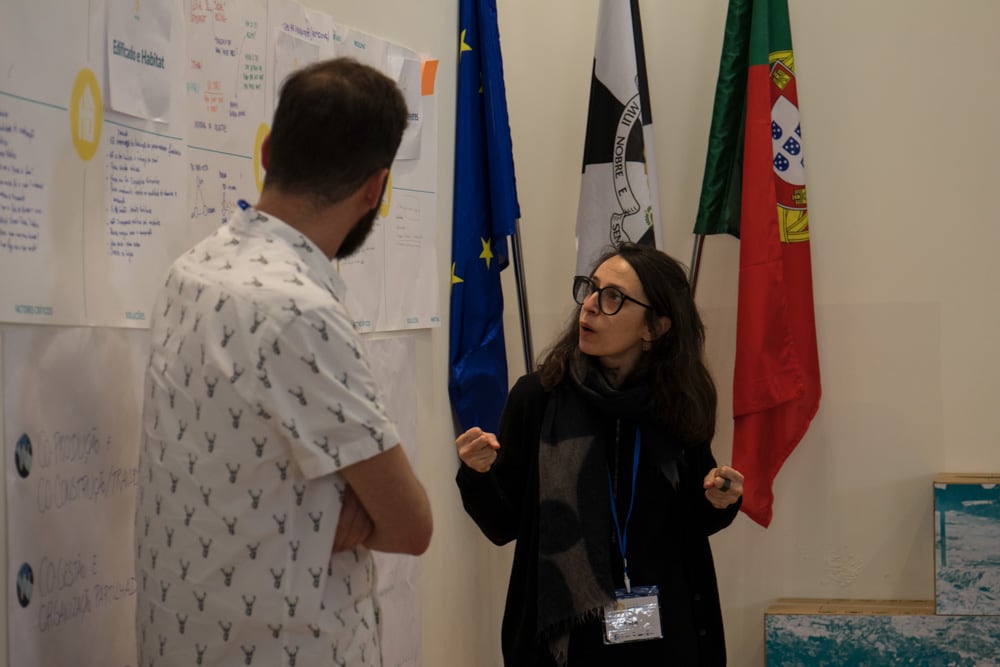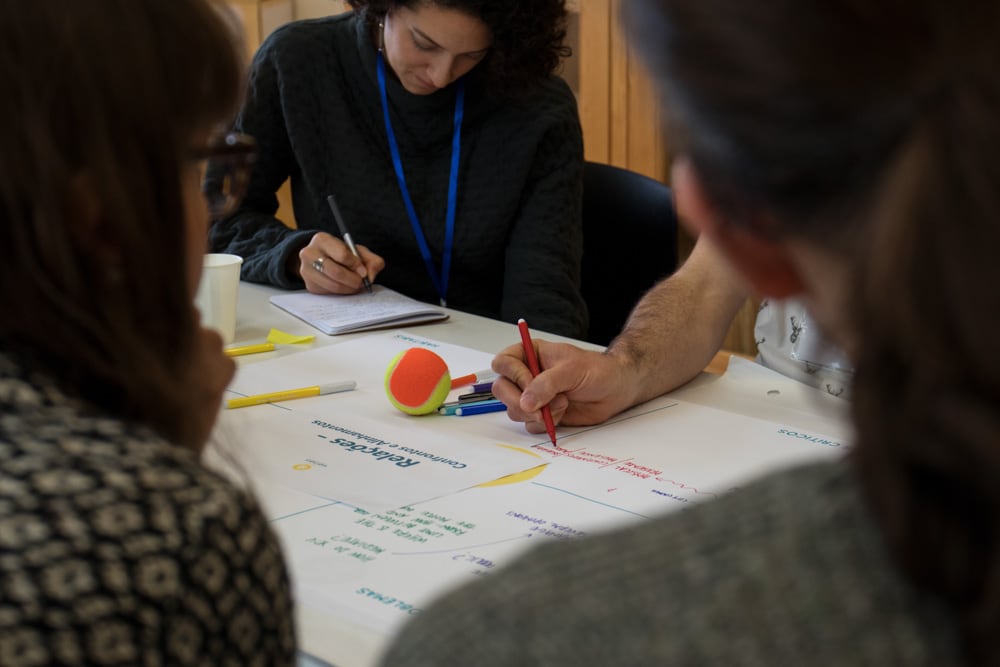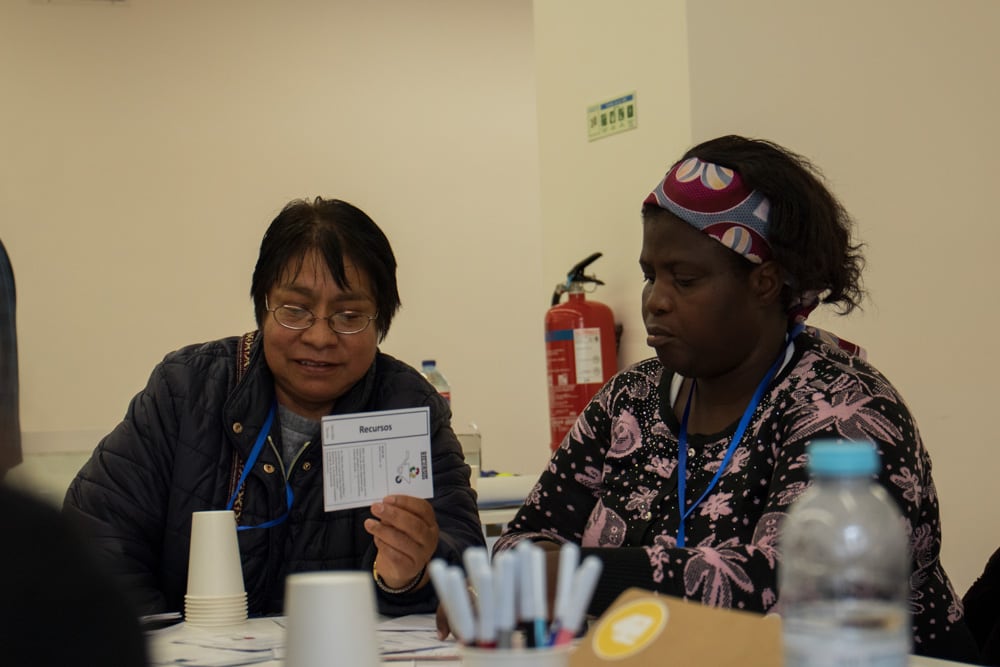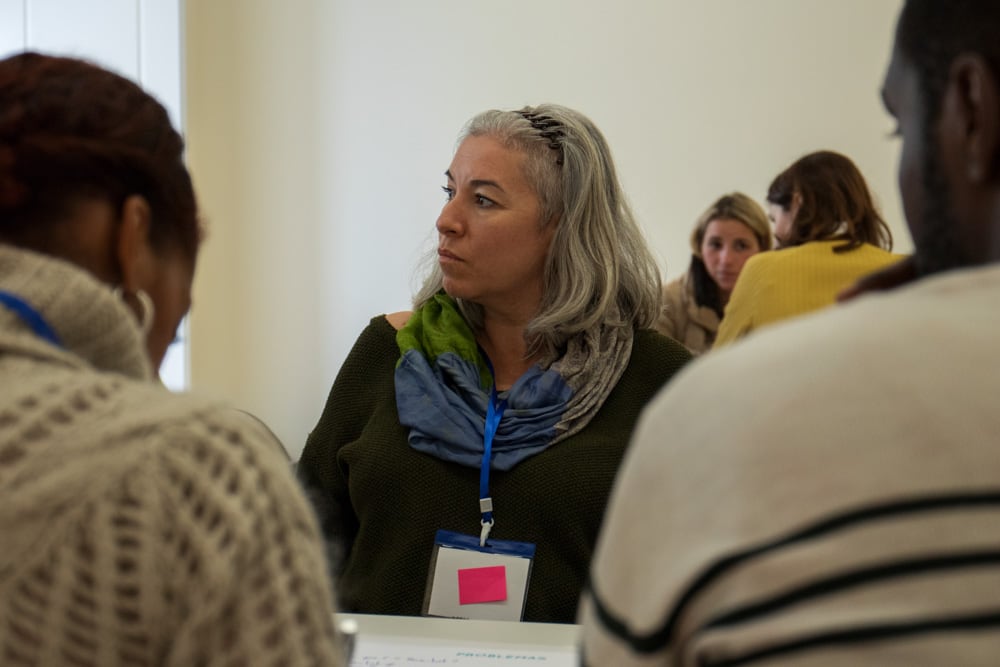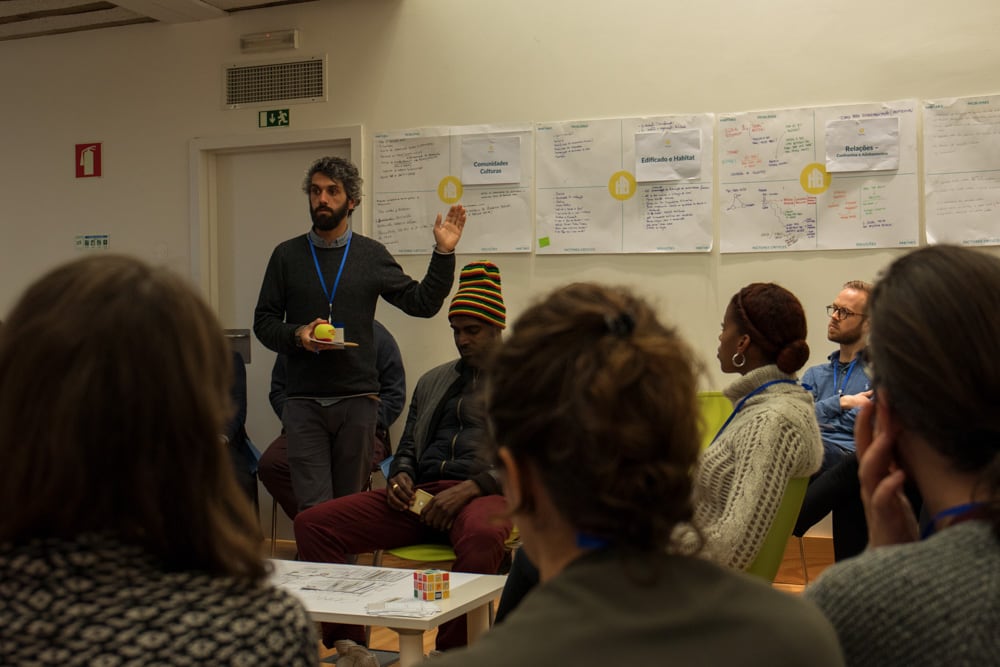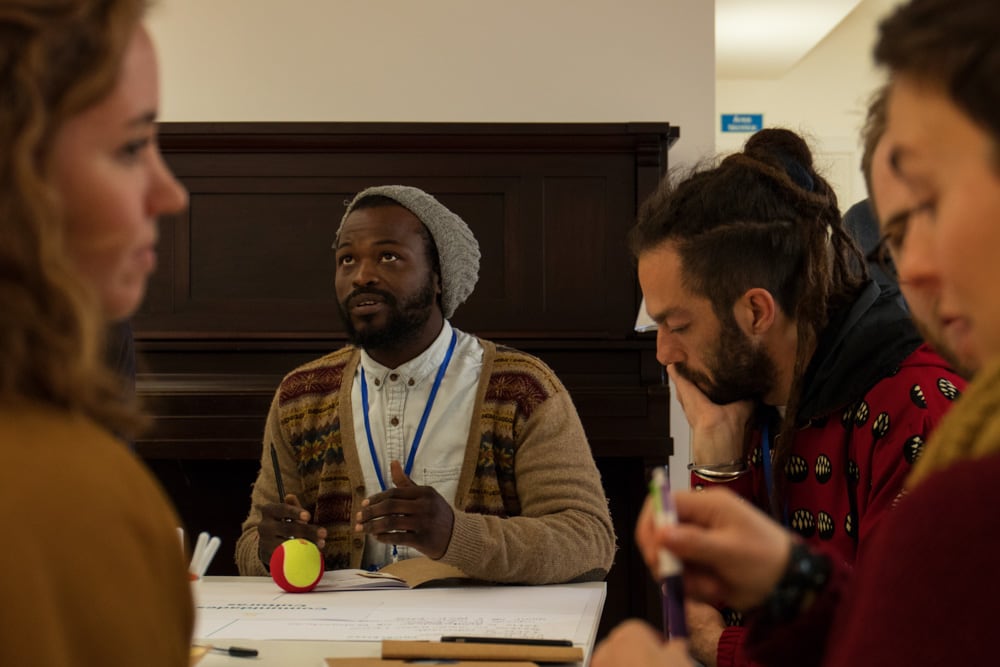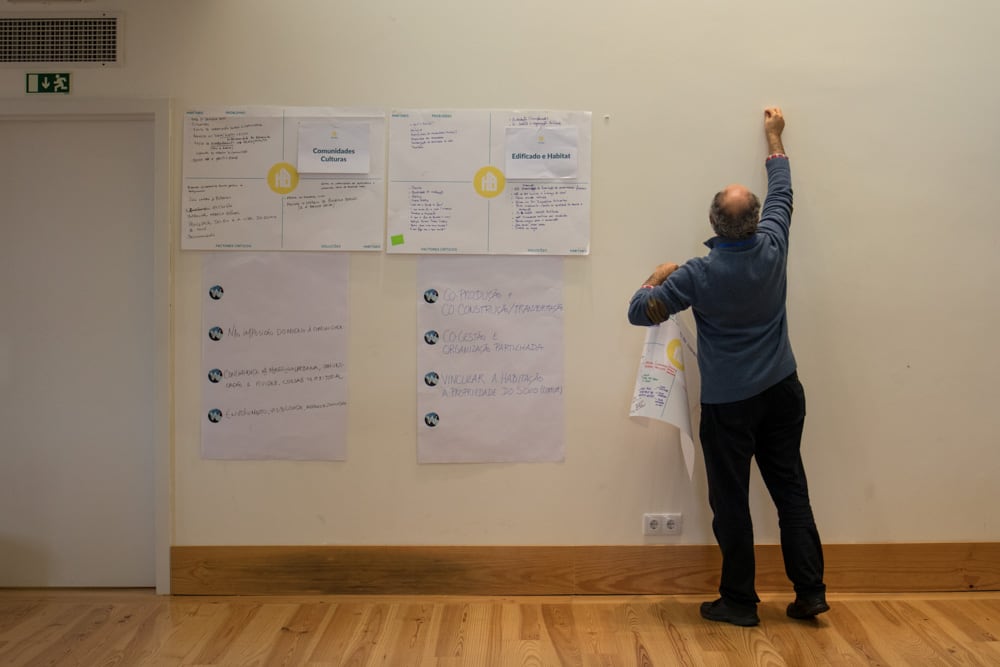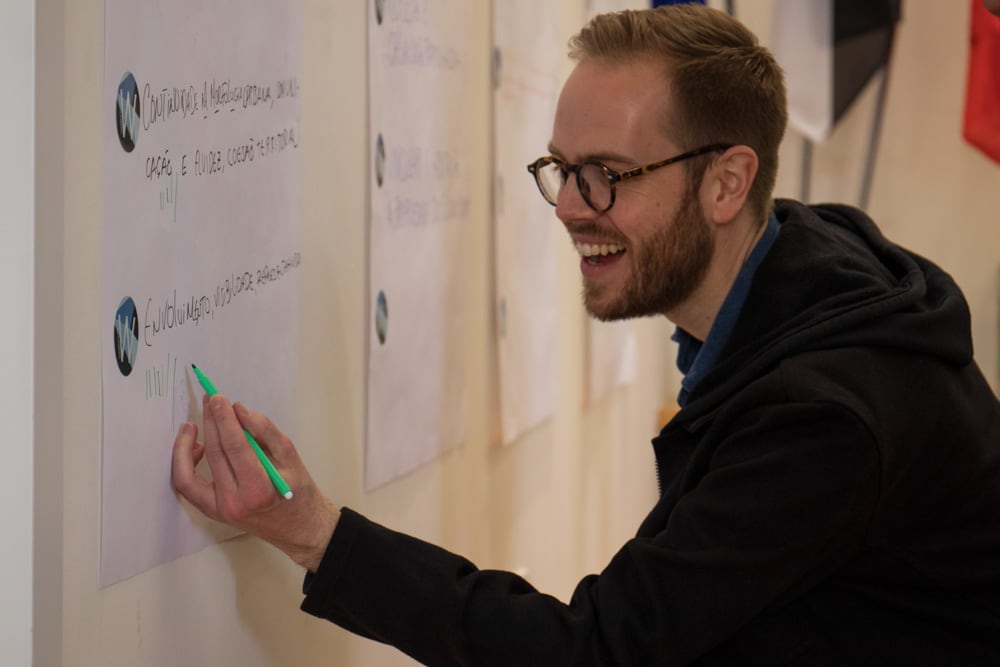Habitabis Festival is a collaboration tool based on festival format, which addresses the themes of rehousing and social housing, promoting conferences, workshops and debates between institutions technicians and communities, aiming for more inclusive processes.
It’s a festival, a methodology, a tool
The development of Habitabis concept, and its realization in a first edition, was possible due to a Research & Development Grant from European Cultural Foundation. One of the selected projects among more than 700 proposals presented.
[See the first edition results in www.habitabis.org]
HABITABIS METHODOLOGY
Habitabis is a tool with a mix methodology that allows for maximum sharing, collaboration and creation of new dynamics during the festival, contributing to the co-building of new paths. Its format is based on direct sharing, horizontal collaboration and the co-construction of diagnostics and solutions.
Target Audience
Group A – Institutions (representatives);
Group B – Technicians;
Group C – Communities (representatives or inhabitants)
This way of categorizing the actors involved is important so that everyone is equally involved in the debates and working sessions. It’s also important to have represented in this groups different contexts, nationalities, ages, gender and professions, thus contributing to a greater richness of shared contributions and experiences.
Conferences Format
This is the moment for open public participation. In this format we bring together multiple projects, with different visions, different realities and even different times, sharing them to all the stakeholders. These conferences are divided into two contexts: International Context and National Context
Working Sessions Format
This is Habitabis’ core. It is in this format that effective and inclusive work sessions are fostered, based on horizontal collaboration and knowledge exchange peer-to-peer. Due to the importance given to equality between participants, unique moments of listening and participation are created, capable of fostering stronger ways of understanding and communication among the participants. This sense of belonging and identification with the working groups is fundamental so that a real and quantitative diagnosis can be generated in their different perspectives over similar issues.
It’s also through these connections that one of the fundamental objectives of Habitabis is achieved, shortening distances between all the stakeholders.
The dynamics of these sessions is divided into five activities: Diagnosis; Fundamental Principles; Presentation and Reflection; Collaborative Approaches; Final Debate.
Results
The aim of this tool is to extract the richness of the individual experience and the pluralistic contribution of the group without taking the risk of seeking a universal response.
Habitabis does not aim to extract from its events a “magic formula” for rehousing and social housing processes. Its aim is to create the conditions to improve collaboration among the different agents; to improve their dialogue; and to create participation in the construction of multiple answers.
Habitabis methodology was developed to have two types of results, which we classify as Measurable and Non-Measurable. This division is supported by the relevance given by the Habitabis concept to the strengthening of socio-professional relations between participants.
[See the first edition results in www.habitabis.org]
FUTURE
After this first prototype, Warehouse intends to improve this collaboration and dissemination tool, seeking to materialize it in other editions reaching more people and contributing to more inclusive processes in Planning, Designing and Management of public housing focused, above all, on the ones who live in it.
With this methodology Warehouse also seek to create a database that joins the empirical to the academic knowledge, from the municipal technician’s vision to the neighbourhood’s inhabitant. An agglomeration of information that is constantly changing, adapting to the contexts and problems, available in open-source format, serving as an urban and social tool to support these processes.
Team: Colectivo Warehouse
Funding: European Cultural Foundation – R&D Grant 2017
Partners: Lisbon Municipality – DMC, BLX – Marvila’s Public Library, Untold, Lisbon’s Architecture Trienale, Rumo crl
With: Rúben Teodoro, Ricardo Morais, Sebastião de Botton, Matilde Mozzi, Emanuel Falappa, Olivia Page
Collaborators: Inês Coimbra, Álvaro Cidrais, Ana Adega, Tiago Mota Saraiva, Rita Silva, Ana Catarino, Joana da Fonseca Martins, António Brito Guterres, Gonçalo Folgado

